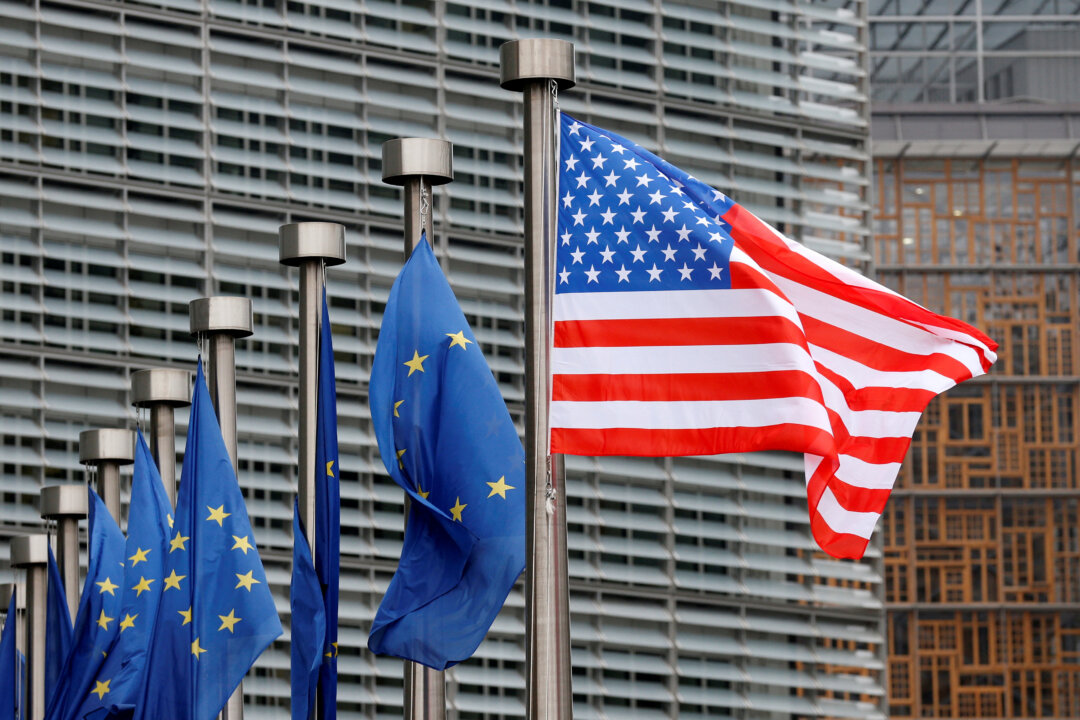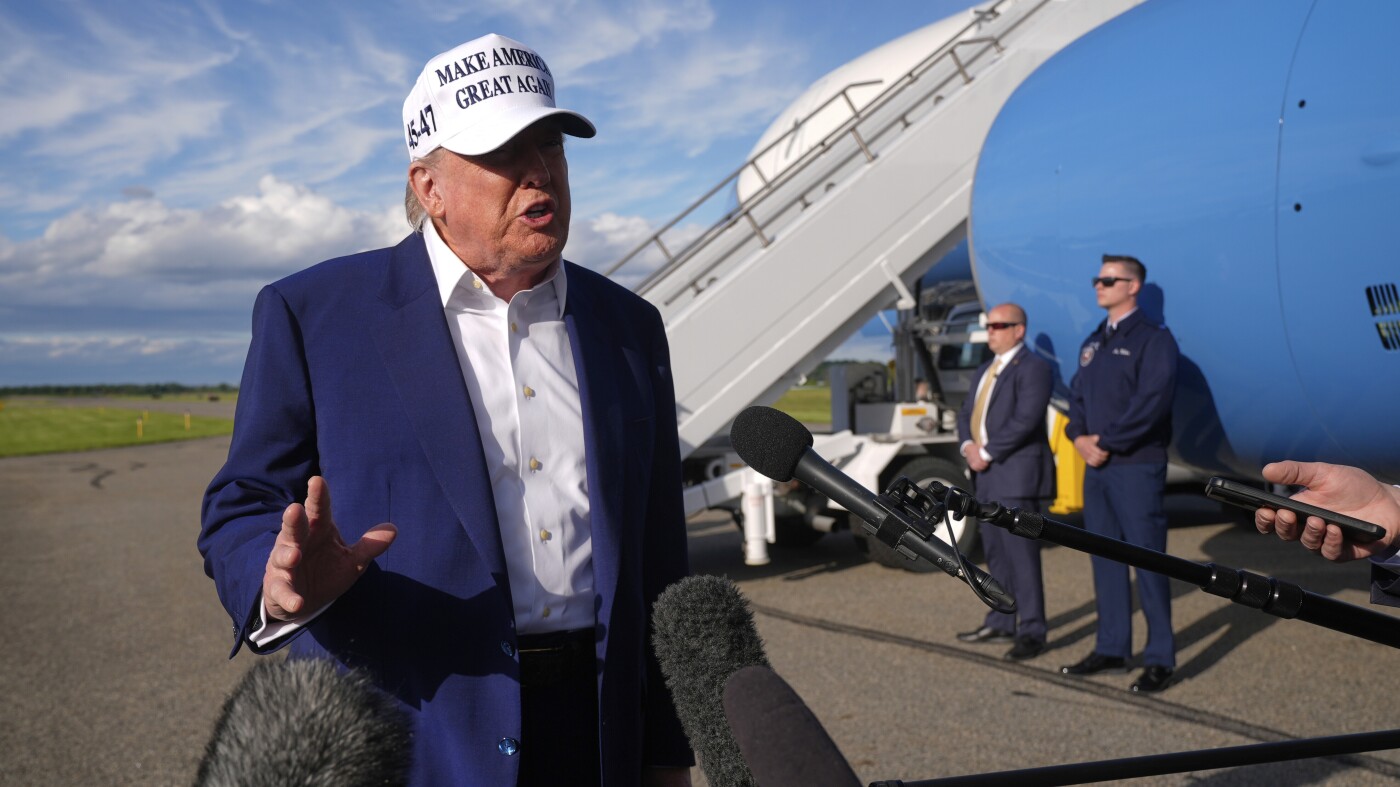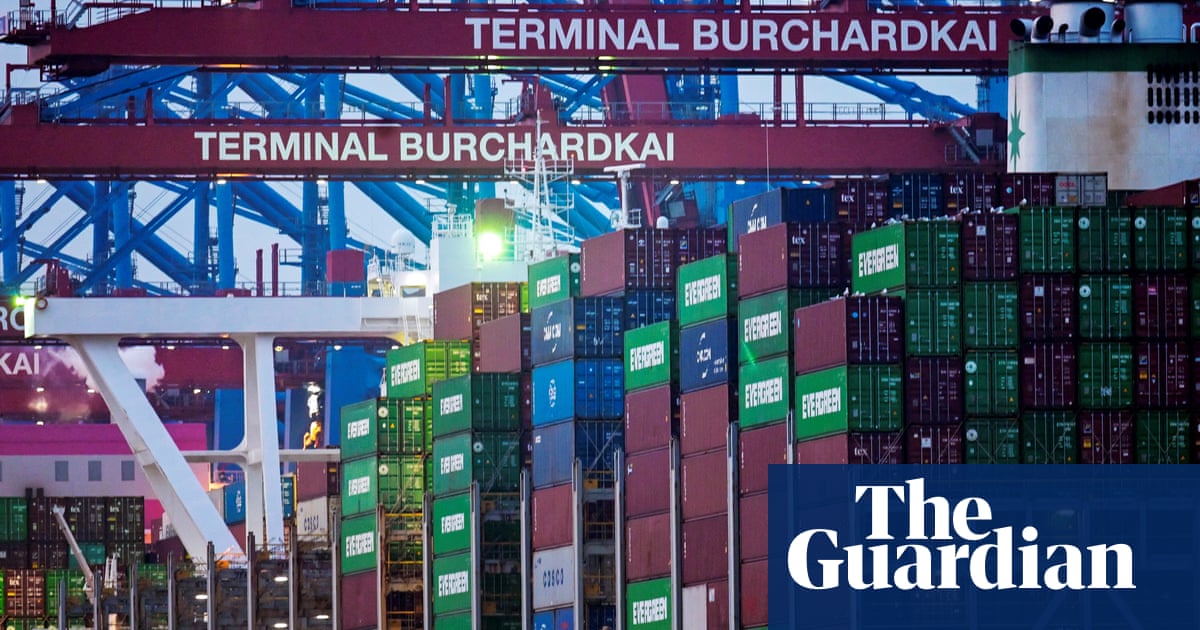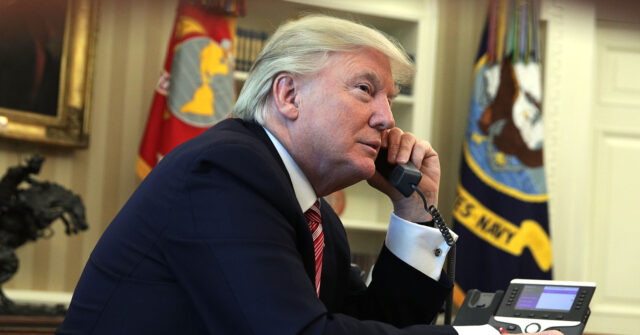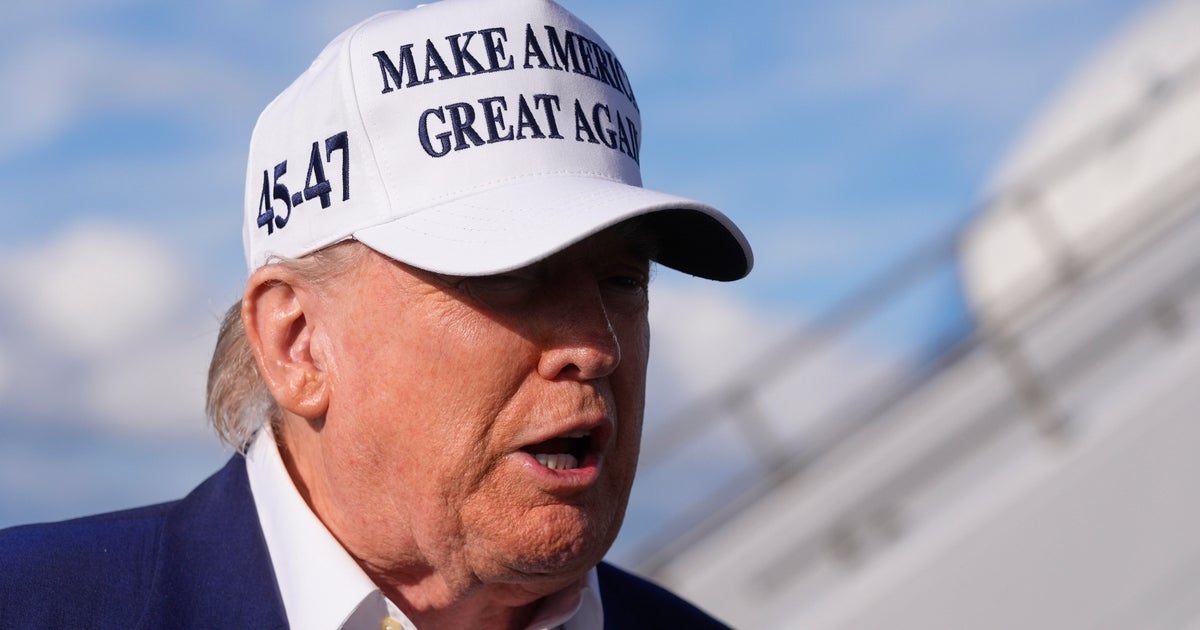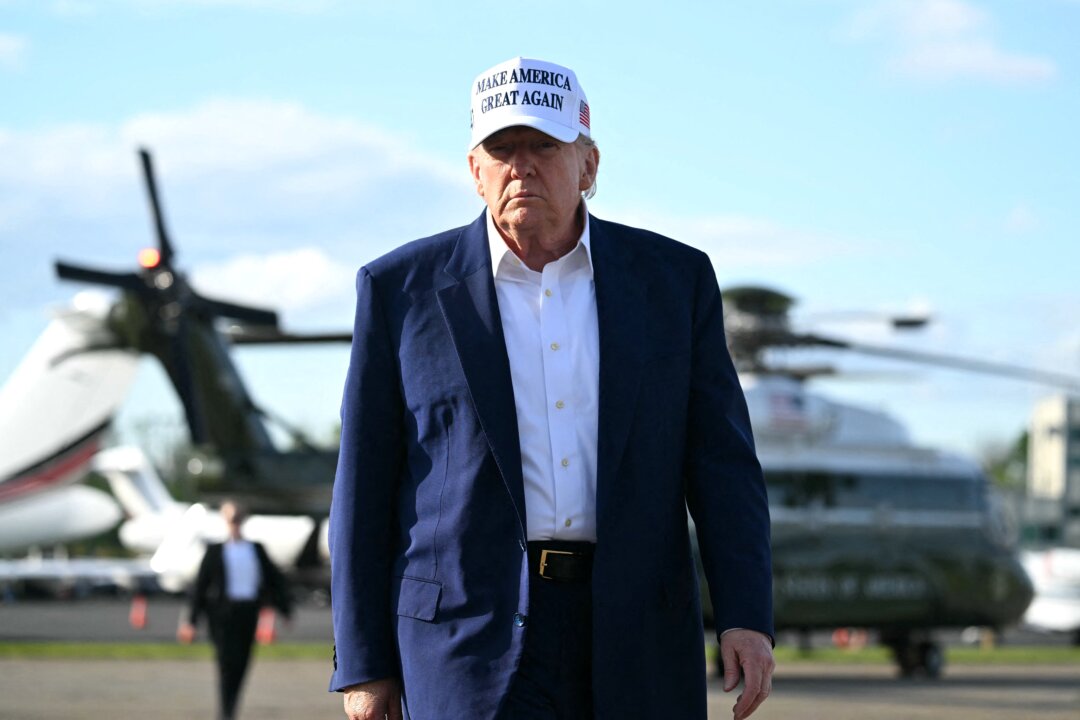Trump Delays 50% Tariff on EU Goods to Facilitate Trade Negotiations
President Trump postpones a 50% tariff on EU goods to July 9, aiming for a trade deal amid ongoing negotiations with EU leaders.
Subscribe to unlock this story
We really don't like cutting you off, but you've reached your monthly limit. At just $5/month, subscriptions are how we keep this project going. Start your free 7-day trial today!
Get StartedHave an account? Sign in
Overview
President Trump has delayed the proposed 50% tariff on European Union goods from June 1 to July 9, following a call with EU Commission President Ursula von der Leyen. This extension is intended to allow for serious negotiations between the U.S. and the EU, which have a significant trade relationship worth $1.8 trillion annually. EU Trade Commissioner Maros Sefcovic confirmed ongoing discussions with U.S. officials, emphasizing the EU's commitment to reaching a deal by the new deadline. The EU has proposed a 'zero for zero' tariff deal, but the U.S. has set a baseline of 10% for its tariffs.
Report issue

Read both sides in 5 minutes each day
Analysis
- The article conveys a positive tone regarding the ongoing trade negotiations between the EU and the U.S.
- Both sides show commitment to reaching a deal, emphasizing collaboration and common ground.
- The delay of the tariff is seen as a step towards successful negotiations.
Articles (27)
Center (8)
FAQ
The original deadline for the 50% tariff on EU goods was June 1, 2025. It was postponed to July 9, 2025, to allow for more time and serious negotiations between the United States and the European Union regarding their trade relationship.
The U.S. has cited the EU’s trade barriers, VAT taxes, corporate penalties, non-monetary trade barriers, monetary manipulations, and lawsuits against American companies as reasons for imposing tariffs, claiming these issues have led to a large trade deficit with the U.S. each year.
The EU, led by European Commission President Ursula von der Leyen, has issued strong statements calling the tariff threat 'a blow to the world economy' and has promised countermeasures if necessary. The EU is also engaged in ongoing negotiations with the U.S. to find a solution.
The annual trade relationship between the U.S. and the EU is valued at approximately $1.8 trillion, making it one of the most significant economic partnerships globally.
The EU has proposed a 'zero for zero' tariff deal, aiming for the removal of tariffs on both sides. The U.S., however, has set a baseline of 10% for its tariffs, with the possibility of higher rates for specific goods or as reciprocal measures.
History
- 5M

 4 articles
4 articles
- 5M1 article

- 5M

 3 articles
3 articles
- 5M

 6 articles
6 articles





